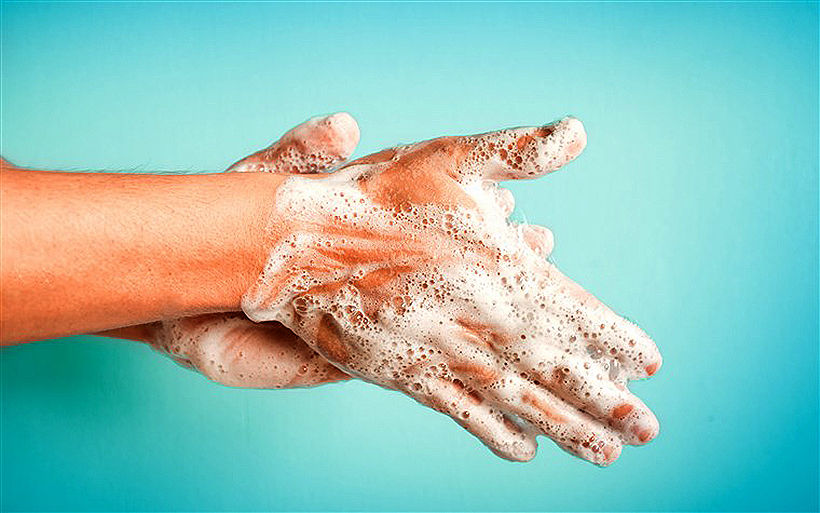Doctors advise good hygiene as the best protection against coronavirus

“China’s healthcare system and disease outbreak control capabilities have improved dramatically since 2003 and I believe they will contain the outbreak.”
As the coronavirus outbreak in Hubei, central China evolves, and as it continues to spread outside China’s borders, health practitioners and medical authorities are advising people to protect themselves by maintaining simple, practical hygiene practices such as washing your hands often. An advisory from medical chain Raffles Medical in Singapore, which recommends washing your hands frequently, says human coronaviruses (and flu) are most commonly spread from an infected person to others through…
• the air by coughing and sneezing
• close personal contact, such as touching or shaking hands
• touching your mouth, nose, or eyes after touching an object or surface with the virus on it, before washing one’s hands
Although vaccination against the seasonal influenza does not guarantee protection, Raffles Medical says people should still get vaccinated, especially if they are planning to travel.
“This will prevent you from contracting influenza symptoms and signs that may mislead screening authorities at temperature checkpoints, and result in unnecessary anxiety and delays to your travel.”
Dr Edwin Chng, medical director of Singapore’s Parkway Shenton, recommends travellers should avoid contact with live animals and consumption of raw or undercooked meats and avoid close contact with people who are unwell or showing symptoms of illness. However, infectious disease experts say there was no need to be unduly worried as Singapore is better prepared to handle an outbreak today. Professor Paul Tambyah, from the department of medicine at the NUS Yong Loo Lin School of Medicine, says the coronavirus outbreak in Wuhan could be like the H1N1 outbreak in 2009, which quickly spread all over the world.
Fortunately, the outbreak was less severe than feared, he said. But in any case, Singapore is even better prepared than in 2009 in terms of testing, equipment and resources.
“I think that we should be concerned but there are plenty of measures in place to detect cases, isolate and treat them appropriately in Singapore as well as in the other countries in the region.”
“Ensure good hand hygiene, stay away from live animal markets, seek medical attention from your GP if you are not feeling well and are still not better after three, four days.”
“China’s healthcare system and disease outbreak control capabilities have also improved dramatically since 2003 and I believe they will contain the outbreak.”
Meanwhile the use of face masks as a preventative measure for uninfected patients remains of doubtful use in general public. Read more HERE.
Latest Thailand News
Follow The Thaiger on Google News:


























